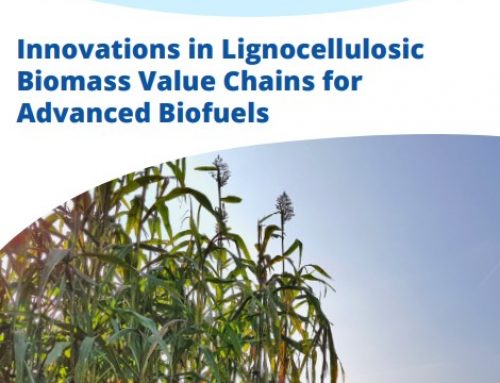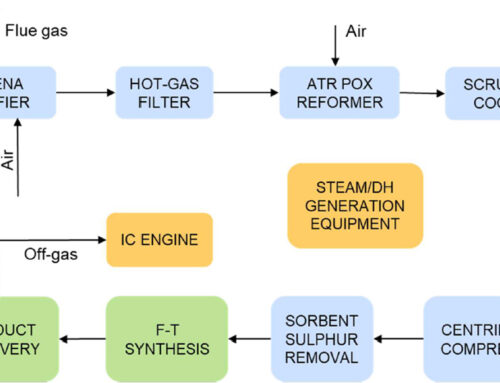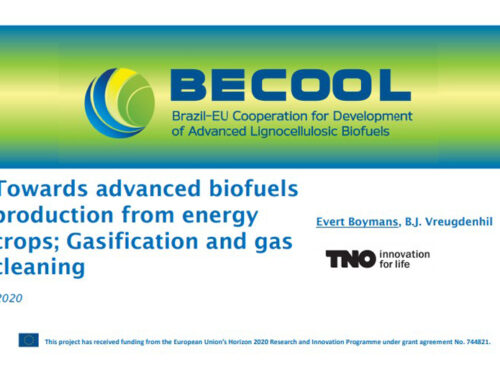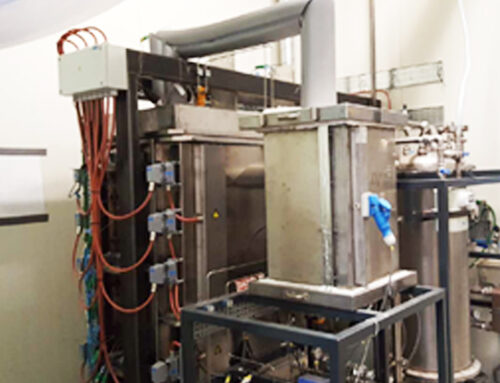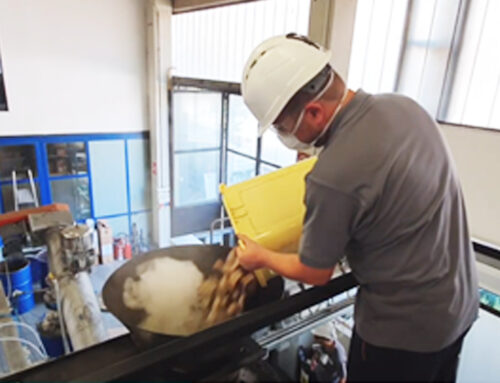On the last day of the project meeting hosted by Universidade Federal de Pernanbuco in Brazil, BECOOL partners had a study tour to the sugar and ethanol factory Usina Petribu in Lagoa de Itaenga. The company Petribu is one of the most important actors of the sugar and energy industry in the North East of Brazil.
The agricultural unit of the company manages over 21,000 thousand hectares of sugarcane.
Sugarcane is a semi-perennial crop and the plantations are established in furrows made by machines. The first harvest is done between twelve and eighteen months after establishment of the plantation. In normal weather conditions, the cropping season begins in August and ends in March, when the rainy season starts, and then plantations usually last for five years, then they get replanted.
The largest part of the plantations is rainfed, but the farm also manages an extension of around 200 hectares of irrigated sugarcane. The irrigation system is fed by a large water basin that collects the rainwater, which is then transferred by gravity and with pumps to an underground dripping system (sub-irrigation), so that the water is directly supplied to the plants root system with a very high resource efficiency and minimum evaporation. In this way, the farm managers have observed that the yield of the irrigated plantations can be as high as three times the yield of rainfed ones, and that the plantations can be productive for a longer time, up to ten years.
In 2015, Petribu plant began to replace part of its sugar cane plantations with eucalyptus tree farming, the biomass produced is used for power and heat generation in the plant’s cogeneration plant.
The sugar cane mill has an installed capacity of 160,000 tons of sugar per cropping season and can produce up to 200,000 litres of ethanol per day. In addition to sugar and ethanol, the plant can produce up to 14,000 tons of commercial carbon dioxide by capturing CO2 from the fermentation of ethanol. The CO2is used as raw material in several applications by the chemical industry, dairy and especially the beverage industry.
The sugarcane bagasse the eucalyptus woodchips are used as feedstock for the 72MW biomass power plant, which produces enough energy to supply a town of 250,000 people (160,000 MWh from the bagasse and more than 65,000MWh from eucalyptus).












